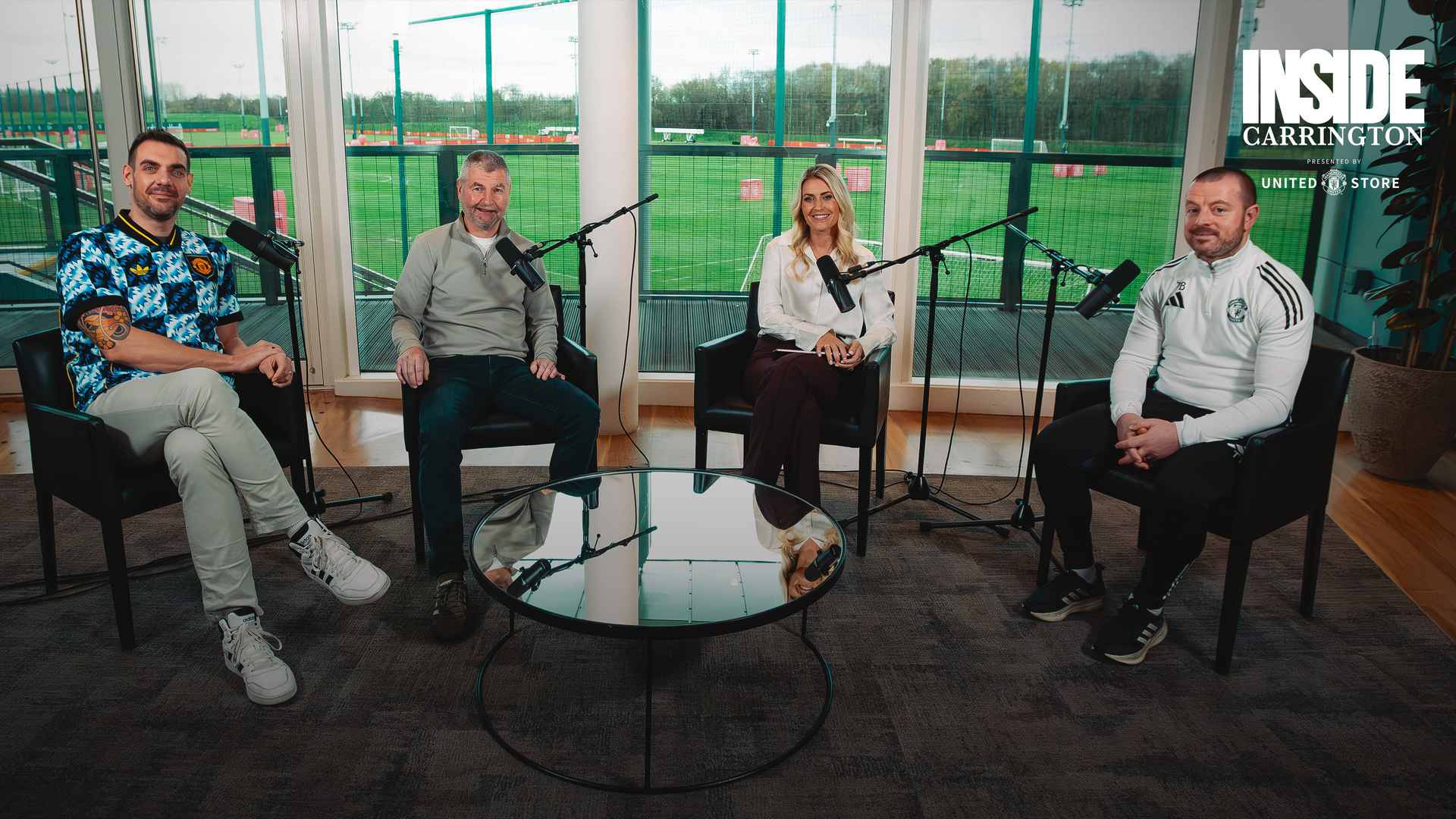Sports
Under-21s lead coach Travis Binnion explains relationship with first team in Inside Carrington podcast

There is also close co-operation with Under-18s coach Darren Fletcher, as they have a big FA Youth Cup game on the horizon, against Peterborough United in the third round, at Old Trafford, on Tuesday 9 December, with tickets on sale now.
“It’s always sort of two-way conversations,” added Binnion. “But, with multiple stakeholders, not loads of people. Myself, Stephen Torpey, Jason Wilcox, Carlos, Ruben and then, obviously, Fletch.
“My conversations with him are massive around, not just the Under-18s group, but the Under-21s group. So his insight and perspective, with Colin Little, is huge so it really is a collaborative [thing].
“I know that’s a really in-trend word to use but it is because, if it’s not collaborative, then we are going to let the players down and we’re not going to get it right for the first team, if we’re not all aligned, with the players that we see needing those opportunities, whether it be first-team training or whether it be playing games.”










